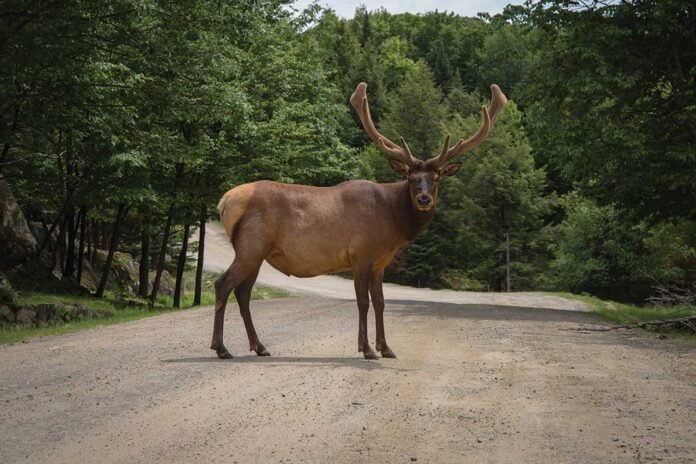A recent study published in the journal Nature Ecology & Evolution reveals how extreme weather, intensified by climate change, is pushing both local and foreign species out of their usual habitats. As our world faces more frequent and severe extreme weather events like heatwaves, cold snaps, droughts, and floods, ecosystems are going through significant changes.
Why This Research Matters
This research, conducted by scientists from the Chinese Academy of Sciences, highlights how vital it is to understand the consequences of extreme weather on ecosystems. While this field of study is still developing, it plays a crucial role in helping us grasp the impact of global warming on biodiversity.
Disturbing Findings
The research team reviewed 443 studies involving 1,852 local and 187 foreign species in various habitats. They found that non-native species tend to cope better with extreme weather, or at least, suffer fewer negative effects. Local land animals, especially those living on the ground, were very vulnerable to heatwaves, cold spells, and droughts. Native water creatures were susceptible to most extreme events, except cold snaps. In contrast, non-native land animals mainly felt the impact of heatwaves, and non-native water animals had the most trouble with storms. Non-native marine animals appeared to be less sensitive to disturbances.
Why Non-Native Species Do Better
The reason non-native species handle extreme weather better lies in their traits, like rapid reproduction, adaptability in behavior and body functions, and a higher tolerance for disturbances. These characteristics help them thrive when local species suffer from extreme events.
Interpreting the Results Carefully
While the study is receiving recognition, some scientists urge caution in making definitive conclusions. Most of the studies used for the research came from North America and Western Europe. This leaves gaps in our understanding of how extreme weather affects ecosystems in other parts of the world. Researchers insist on conducting a more global study to get a complete picture.
Ever-Changing Ecosystems
Ecosystems are always changing, and natural disasters often play a part in maintaining a balance between species. It’s essential to figure out if the study results reflect long-term changes in ecosystems or if they represent temporary changes following extreme events.
Protecting Local Species This research underlines how critical it is to keep an eye on areas affected by extreme weather events and put extra effort into helping local species recover. By supporting their recovery and preventing these vulnerable species from vanishing, there’s a chance for them to adapt to the changing weather patterns caused by climate change.
Worldwide Impact of Invaders
A report from the United Nations’ Intergovernmental Science-Policy Platform on Biodiversity and Ecosystem Services tells us that invasive species introduced to new ecosystems result in more than $423 billion in global economic losses each year. These intruders harm nature, disrupt food systems, and pose threats to human health.





